 |
| The WB recommends that the Vietnamese Government consider extending the economic support program until 2024 to allow investment projects to be fully implemented. (Source: Getty Image) |
The World Bank (WB) on November 22 released the Vietnam Macroeconomic Update report for October 2023, stating that import and export of goods in October in Vietnam continued to recover as demand from trade partners gradually recovered.
According to WB experts, Vietnam's exports are gradually recovering, but domestic consumption is still quite sluggish. In October 2023, goods exports and imports continued to recover, increasing by 1.6% and 1.05% respectively. Import growth is closely related to the recovery of exports, as imported inputs for the production of export goods account for 94% of total imports.
But according to the WB, both exports and imports in the first 10 months of the year still decreased compared to the same period last year, down 6.9% and 12.4% respectively.
The World Bank said that economic activities on the supply side continued to show slight improvement. The monthly index of industrial production (IIP) has started to grow positively since April 2023. IIP increased by 2.89% in October as industrial goods exports continued to recover.
However, the outlook remains uncertain as Vietnam’s Purchasing Managers’ Index (PMI) in October remained in contraction territory (49.6), similar to September (49.7). October retail sales growth was almost unchanged from September’s growth of 0.55%.
This improvement, according to WB experts, comes from the continued expansion of industrial production of key export products such as footwear and leather products, electronics, computers, mobile phones, motor vehicles and transport equipment, reflecting continued recovery in external demand.
The World Bank assessed that although the IIP data showed that the decline in industrial production had bottomed out, the prospect of a strong recovery remained uncertain. The consumer price index (CPI) increased by 3.6% in October, due to transport costs (+0.06 percentage points), while core inflation fell to 3.4%, below the 2023 inflation target of 4.5%.
Regarding FDI activities, cumulative FDI commitments in the first 10 months of 2023 reached 25.7 billion USD. WB experts commented: "This level is 14.7% higher than the same period in 2022, despite global uncertainties, mainly thanks to foreign investors' confidence in Vietnam's stability and openness."
Accumulated realized FDI reached 18 billion USD, up 3.2% compared to a year ago. Industrial production continues to be the main sector attracting FDI to Vietnam. However, credit growth remains sluggish, with credit growth in October reaching only 9.3% year-on-year, compared to 9.9% in September. This figure is much lower than the State Bank's credit growth target of 14% and the pre-Covid-19 pandemic level of 12-15%.
The WB assessed that the prolonged weakness of the private investment sector and investor confidence continued to be the main reasons for slow credit growth.
The World Bank acknowledged the Vietnamese Government ’s continued efforts to support the economy by promoting public investment disbursement, which increased by 35% year-on-year in the first 10 months of the year. However, implementation challenges continue to affect the deployment of the investment budget. Therefore, the World Bank recommended that the Vietnamese Government consider extending the economic support program until 2024 to allow investment projects to be fully implemented.
The WB also stressed that preparing higher quality projects, including through better feasibility studies and reforming public investment procedures, would help speed up implementation.
WB experts also recommended a strategic investment roadmap focusing on green, resilient and regional infrastructure to help promote sustainable economic development.
Source



![[Photo] Prime Minister Pham Minh Chinh chairs the Conference to deploy the National Target Program on Drug Prevention and Control until 2030](https://vphoto.vietnam.vn/thumb/1200x675/vietnam/resource/IMAGE/2025/10/09/1759990393779_dsc-0495-jpg.webp)


![[Photo] Prime Minister Pham Minh Chinh chairs a meeting of the Government Standing Committee on overcoming the consequences of natural disasters after storm No. 11](https://vphoto.vietnam.vn/thumb/1200x675/vietnam/resource/IMAGE/2025/10/09/1759997894015_dsc-0591-jpg.webp)







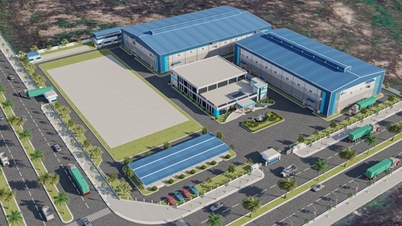

















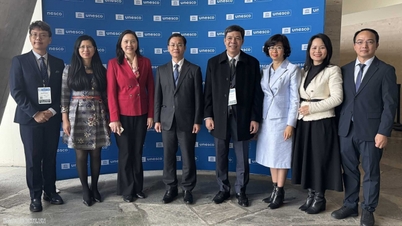
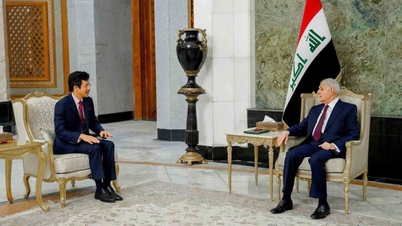


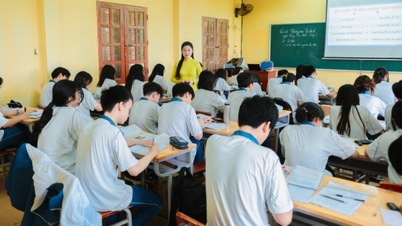



























































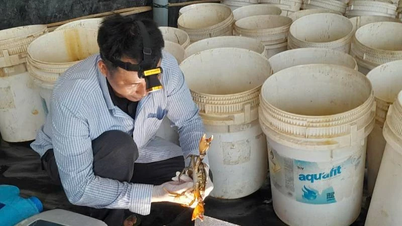





Comment (0)